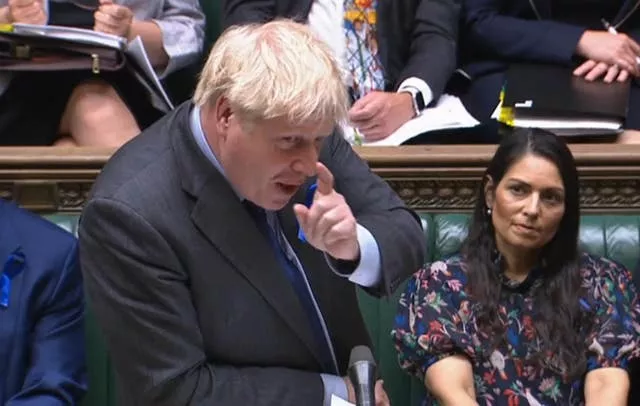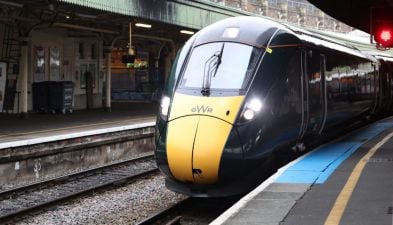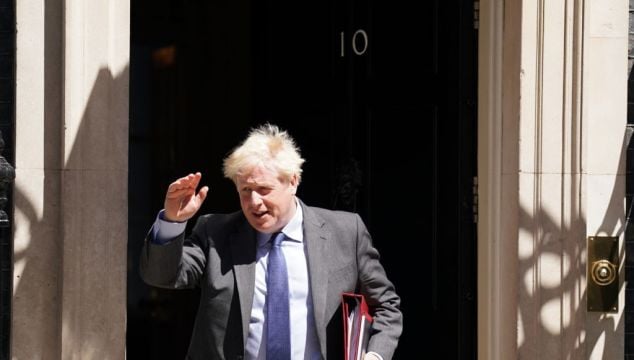Britain's Prime Minister Boris Johnson was accused of failing to lift a finger to prevent the rail strikes which have caused travel chaos.
Labour leader Sir Keir Starmer said Johnson and his Transport Secretary Grant Shapps had refused to meet the unions representing rail workers ahead of this week’s industrial action.
But Johnson hit out at Starmer, saying it was a “disgrace” that Labour MPs had joined RMT members on the picket lines outside railway stations.
“What we have got to do is modernise our railways,” Mr Johnson told the Labour leader.
“It is a disgrace, when we are planning to make sure that you don’t have ticket offices that sell fewer than one ticket per hour, that he yesterday had 25 Labour MPs out on the picket lines.”

Mr Johnson said Labour was “backing the strikers while we back the strivers”.
Sir Keir shot back: “The Prime Minister of this country and his Transport Secretary haven’t attended a single meeting, held a conversation or lifted a finger to stop these strikes.”
But he said on Monday they found time to attend a “lavish ball” to raise funds for the Tory party, where a donor has £120,000 to have a joint dinner with Mr Johnson and predecessors Theresa May and David Cameron.
“If there is money coming his way, he is there,” Sir Keir said.
He said that “rather than blame everyone else”, the Prime Minister should “do his job, get round the table and get the trains running”.

Mr Johnson said: “We are doing everything we can to prevent these strikes.”
But it was for the rail companies and the unions to negotiate a settlement, he said.
Following Tuesday’s strikes on Britain's rail network and London Underground, trains will also be halted on Thursday and Saturday.

Labour’s frontbenchers had been told to avoid picket lines but senior party figures including whip Navendu Mishra joined striking rail workers.
Deputy leader Angela Rayner also gave her clear backing to the industrial action, tweeting: “Workers have been left with no choice.”
The Labour Party leader is understood to be waiting until the end of the industrial action before instructing chief whip Alan Campbell to deal with any disciplinary issues relating to the strike.







